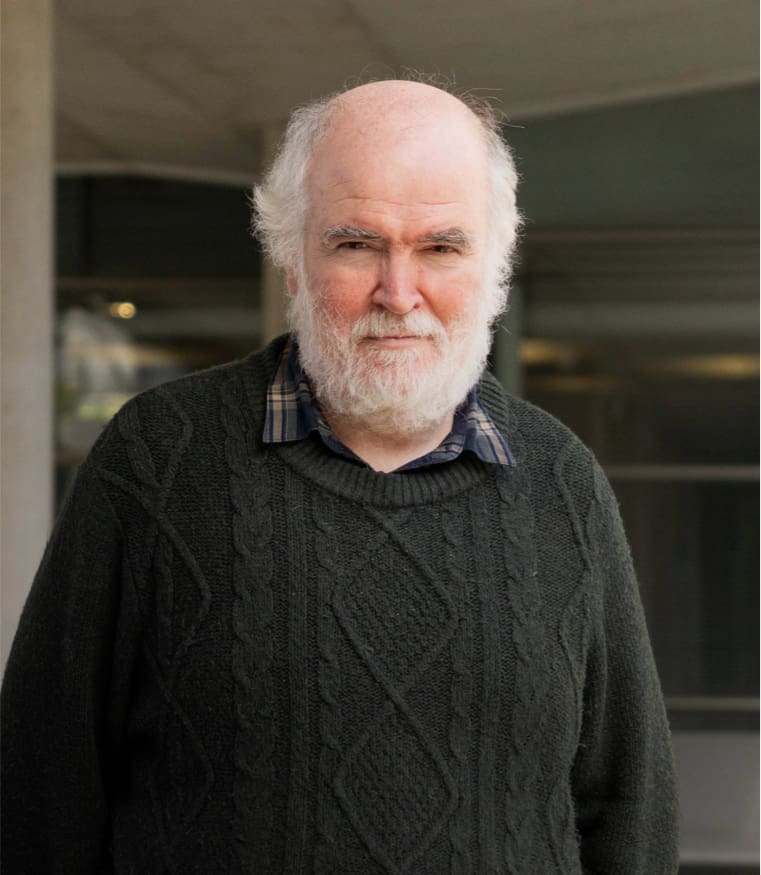The Effect of Added Ligands on the Reactions of [Ni(COD)(dppf)] with Alkyl Halides: Halide Abstraction May Be Reversible
The reactions of dppf-nickel(0) with alkyl halides proceed via three-coordinate nickel(0) intermediates of the form [Ni(dppf)(L)]. The effects of the identity of the added ligand (L) on catalyst speciation and the rates of reactions of [Ni(COD)(dppf)] with alkyl halides have been investigated using kinetic experiments and density functional theory calculations. A series of monodentate ligands have been investigated in attempts to identify trends in reactivity. Sterically bulky and electron-donating ligands are found to decrease the reaction rate. It was found that (i) the halide abstraction step is not always irreversible and the subsequent recombination of a nickel(I) complex with an alkyl halide can have a significant effect on the overall rate of the reaction and (ii) some ligands lead to very stable [Ni(dppf)(L)2] species. The yields of prototypical (dppf)nickel-catalyzed Kumada cross-coupling reactions of alkyl halides are significantly improved by the addition of free ligands, which provides another important variable to consider when optimizing nickel-catalyzed reactions of alkyl halides.

Greaves, M. E.; Ronson, T. O.; Maseras, F.; Nelson, D. J.
Organometallics 2021, 40 (12), 1997–2007
DOI:
10.1021/acs.organomet.1c00280

Let's create a brighter future
Join our team to work with renowned researchers, tackle groundbreaking
projects and contribute to meaningful scientific advancements



















